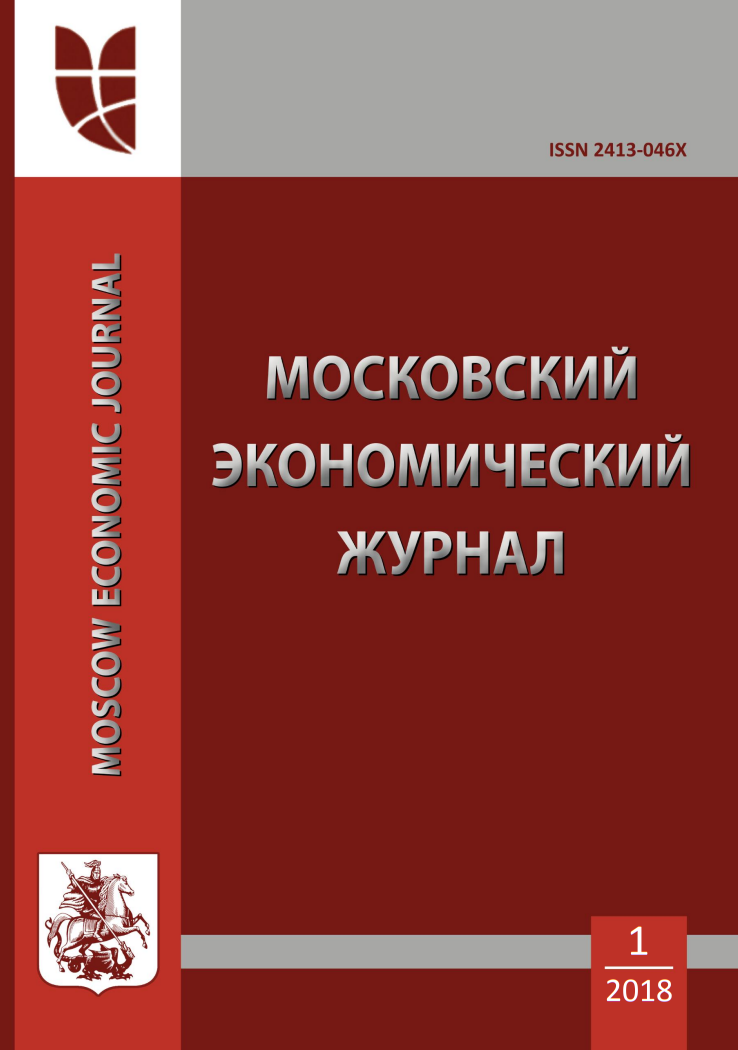Russian Federation
Russian Federation
Russian Federation
Russian Federation
There have been many studies of the impact of external and internal conditions on leadership, but in the scientific literature there are no studies of the influence of the leadership style on the company's strategy. This study examines the impact of the company's strategy on the type of leadership. For this, an empirical study was conducted, based on a survey of more than 450 respondents. The results of the study provide convincing empirical evidence that Porter's core competitive strategies, the "Best Value" and "Blue Ocean" strategies have a significant impact on leadership. Market strategies (broad and niche strategies) have a limited impact on leadership. The practical consequences of this study are that managers need to adapt the leadership style depending on the strategies being implemented. At the stage of strategic planning, the leadership abilities of the organization should be evaluated. Future studies should investigate whether these effects soften by external competitive conditions, and to find out the indirect influence of leadership on the effectiveness of the organization.
leadership, strategy, leadership style, management
1. Bouers, D.Dzh. i Sishor S.E. (1966), «Predskazanie organizacionnoy effektivnosti s pomosch'yu chetyrehfaktornoy teorii liderstva», «Administrative Science Quarterly», Vypusk 11 № 2, str. 238-263.
2. Kempbell-Hant S. (2000): «Chto my uznali ob obschey konkurentnoy strategii? Metaanaliz »,« Strategicheskiy zhurnal upravleniya », Vypusk 21 № 2, str. 127-154.
3. Kronbah, L. (1951), «Koefficient al'fy i vnutrennyaya struktura testov», Psihometrika, Vypusk 16 № 3, str. 297-334.
4. Dess Dzh. i Devis P.S. (1984), «Obschie strategii Portera (1980) v kachestve opredelyayuschih faktorov chlenstva v strategicheskih gruppah i effektivnosti organizacii», Zhurnal Akademii upravleniya, Vypusk 27 № 4, str. 467-488.
5. Freyzer, Barron, Tiks (2004), «Testirovanie moderatora i effektov mediatora v issledovaniyah psihologii konsul'tirovaniya», Zhurnal konsul'tacionnoy psihologii, Vypusk 51 № 1, str. 115-134.
6. Haus P. Dzh. (1971), «Teoriya liderstva s cel'yu dostizheniya celi», «Administrative Science Quarterly», Vypusk 16 № 3, str. 321-339.
7. Houell, Bouen, Dorfman, Kerr, Podaskoff (1990), «Zameny dlya rukovodstva: effektivnye al'ternativy neeffektivnomu liderstvu», Zhurnal "Organizacionnaya dinamika", Vypusk 19 № 1, str. 20-38.
8. Kerr, S. i Dzhermey (1978), «Zameny dlya rukovodstva: ih znachenie i izmerenie», «Organizacionnoe povedenie i chelovecheskaya proizvoditel'nost'», Vypusk 22 № 3, str. 375-403.
9. Kirkpatrik, Loke (1991), «Liderstvo: cherty vazhny?», "Ispolnitel'", Vypusk 5 № 2, str. 48-60.
10. Miller D. i Frisen (1986), «Obschie strategii Portera (1980): empiricheskoe issledovanie s amerikanskimi dannymi: chast' 1: testirovanie nosil'schika», «Organizaciya issledovaniy», Vypusk 7 № 1, str. 37-55.
11. Mincberg, Voters (1985), «Strategiya otslezhivaniya v predprinimatel'skoy firme», Zhurnal Akademii upravleniya, Vypusk 25 № 3, str. 465-499.
12. Parnell (2006), «Obschie strategii posle dvuh desyatiletiy: pereosmyslenie konkurentnoy strategii», «Reshenie upravleniya», Vypusk 44 № 8, str. 1-12.
13. Stodgill (1948), “Lichnye faktory, svyazannye s liderstvom: obzor literatury”, Zhurnal Psihologii, Vypusk 25 No. 1, pp. 35-71.
14. Tornhill, S. i Uayt (2007), «Strategicheskaya chistota: mnogootraslevaya ocenka protiv gibridnyh biznes-strategiy»,« Strategicheskiy zhurnal upravleniya », Vypusk 28 № 5, str. 553-561.
15. Vrum, V.H. i Yetton, P.V. (1973), «Liderstvo i prinyatie resheniy», Universitet Pittsburga Press, Pittsburg, Pensil'vaniya.











